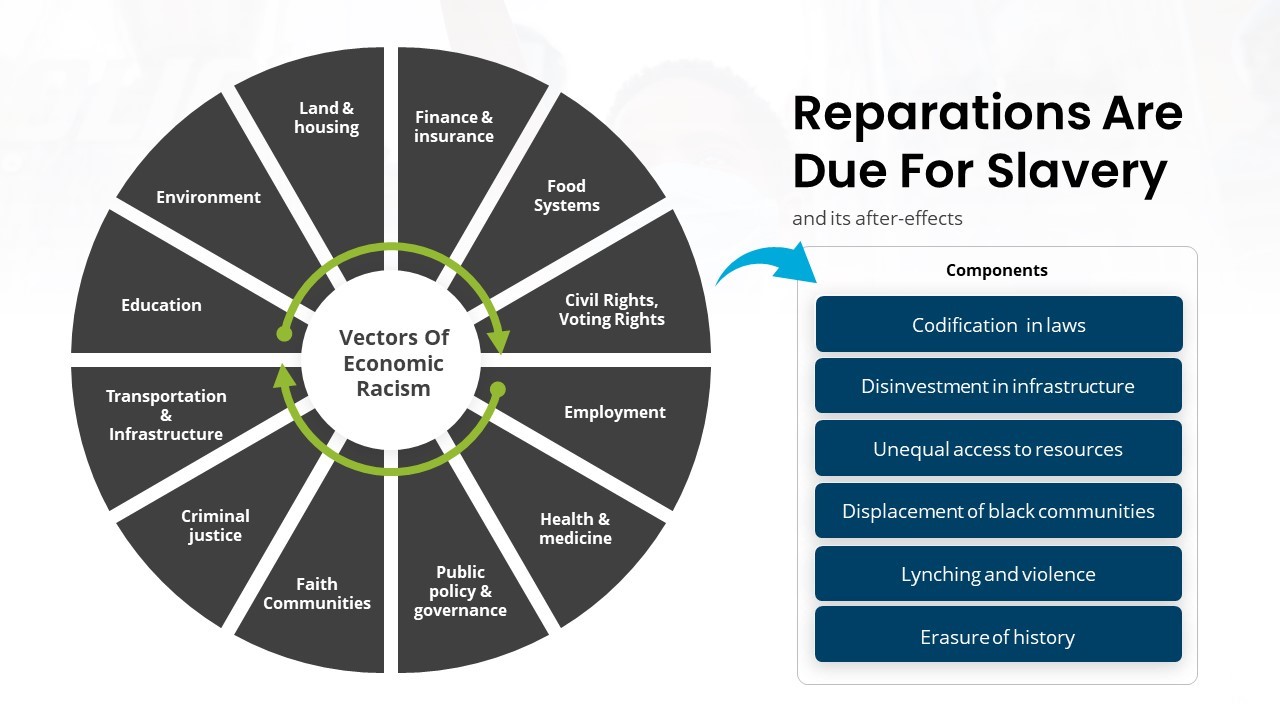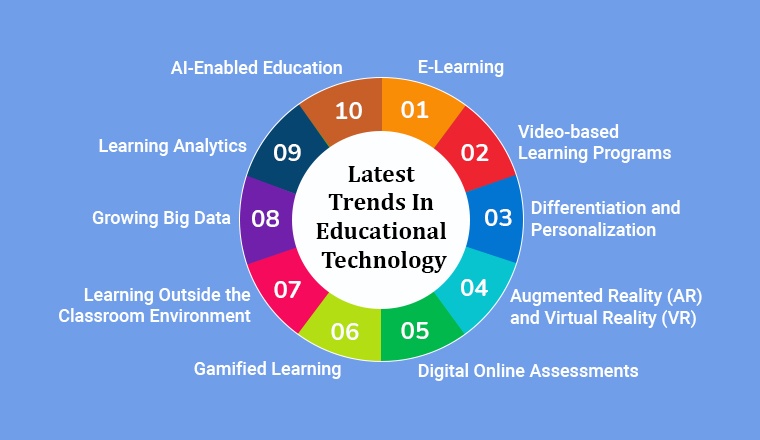Systemic racism is a pervasive problem in our society that continues to affect millions of people of color every day. This problem is rooted in the institutional practices of our society, which have been shaped by centuries of colonization, slavery, and discrimination. It manifests in a number of ways, including economic inequality, lack of access to education and employment opportunities, and even in the criminal justice system.
One of the most effective ways to combat systemic racism is through education. Education plays a crucial role in shaping the beliefs and behaviors of individuals, and can therefore be used as a powerful tool for dismantling systems of oppression. By educating people about the history and impact of systemic racism, we can foster empathy and understanding and inspire them to take action against it.
One of the ways to deconstruct systemic racism through education is by teaching about its history and origins. This includes topics such as slavery, colonization, and segregation, which have all contributed to the formation of systemic racism. By educating individuals about these historical events, we can help them understand the ways in which systemic racism has been perpetuated over time and how it continues to impact individuals today.
Another important aspect of deconstructing systemic racism through education is by discussing the current state of inequality and how it has been shaped by systemic racism. This includes topics such as the racial wealth gap, disparities in education, and the criminal justice system. By highlighting the ways in which these institutions perpetuate systemic racism, we can help individuals understand the scope of the problem and inspire them to take action.
Furthermore, education can empower marginalized communities by providing them with knowledge and tools to combat systemic racism. By offering resources and support to communities of color, we can help them develop strategies for navigating and pushing back against systems of oppression. This can include things like organizing, civil disobedience, and community building.
In conclusion, education is a powerful tool for deconstructing systemic racism in our society. By teaching about its history and impact, discussing current inequalities, and empowering marginalized communities, we can foster understanding and mobilize individuals to take action against systemic racism. It is crucial that we continue to invest in education as a means of promoting social justice and equity for all.











